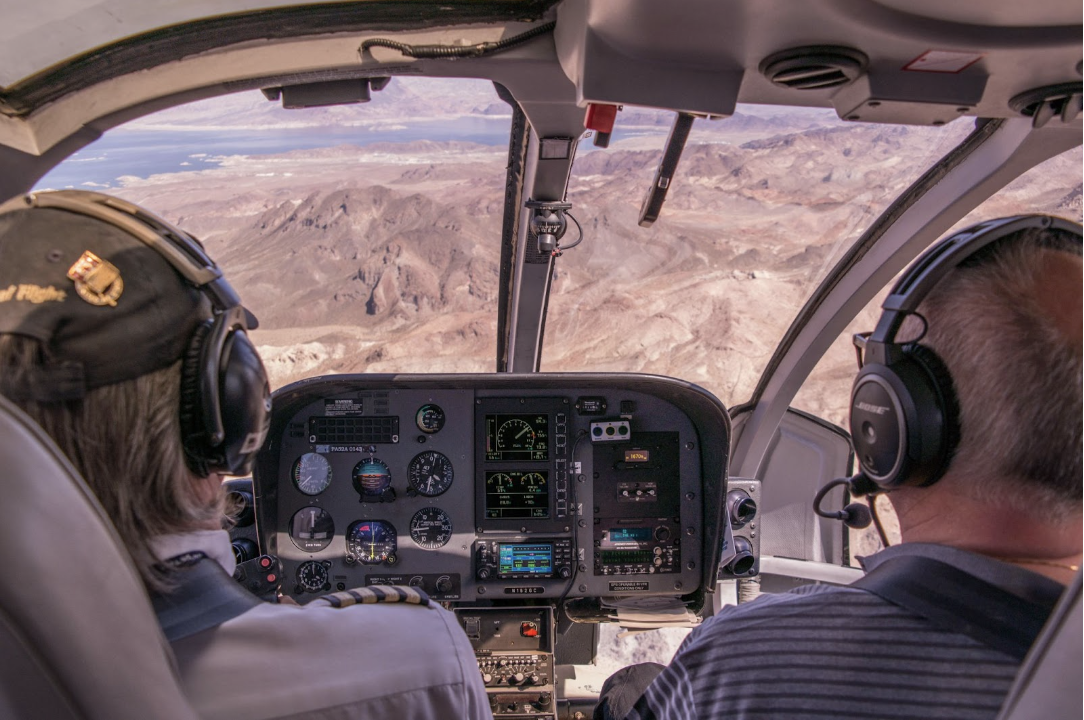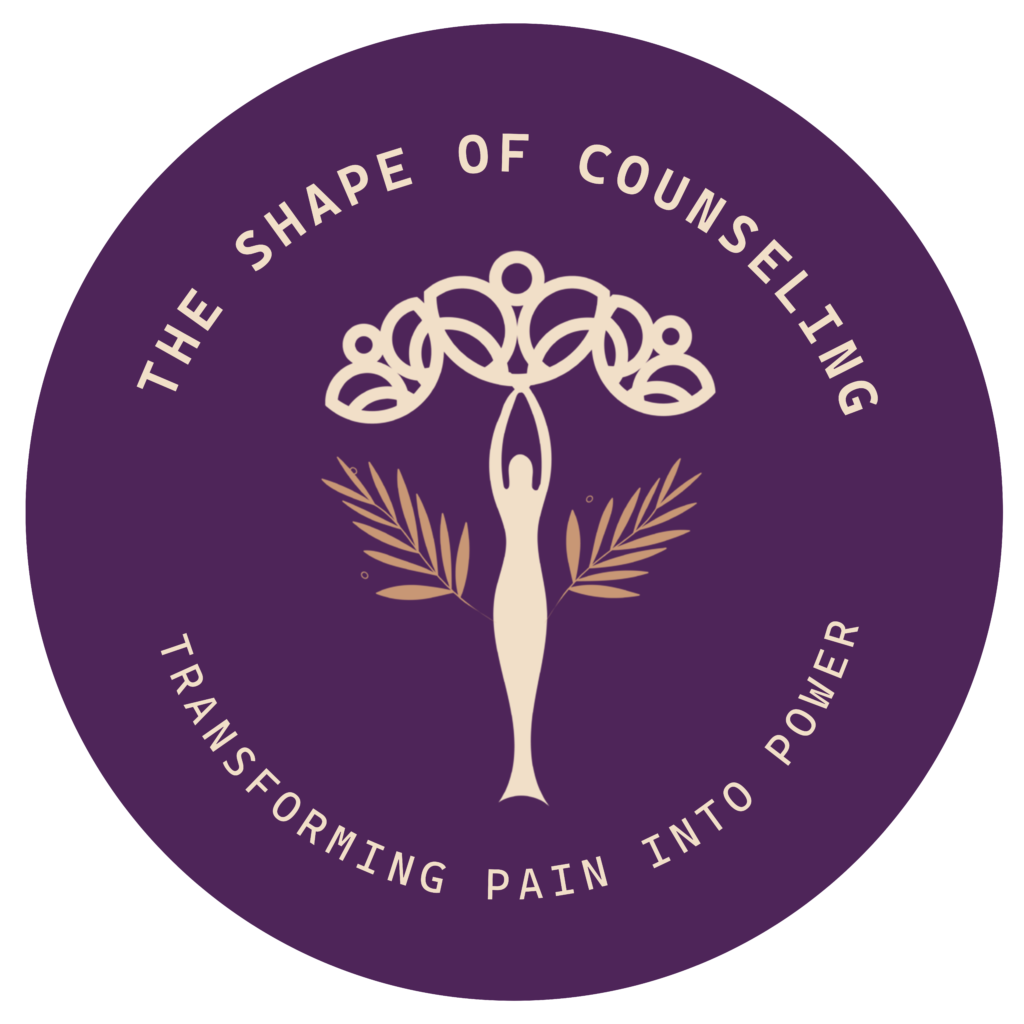Are You a Pilot Seeking Emotional Balance?
As a pilot, you manage incredible responsibilities, but navigating emotional turbulence can be just as challenging as flying a plane. The high expectations, constant alertness, and demanding schedule can lead to emotional strain. If you find yourself feeling overwhelmed or disconnected, Counseling For Pilots or Pilot Counseling may offer the support you need to regain balance.
Understanding the Deeper Layers of Stress
Being a pilot requires more than just technical skills—it demands emotional resilience. Sometimes, the stress you face in your professional life may have roots that go beyond the cockpit. Many pilots unconsciously carry unresolved emotional experiences from childhood, which can manifest in the way they respond to high-pressure situations.
These early patterns formed during moments of fear, instability, or unmet emotional needs may shape how you navigate your career and personal life. When faced with stressful scenarios, it’s common to rely on coping mechanisms developed in childhood, such as emotional avoidance or hyper-independence.
Pilot Counseling, especially when approached from an emotionally focused lens, offers a space to explore these deeper layers. It helps you understand how your past may be influencing your present, allowing you to heal and grow emotionally. Counseling For Pilots can provide tailored support to address these unique challenges and help you maintain a healthy balance both in and out of the cockpit.

When Should a Pilot Seek Counseling?
As pilots, you’re trained to keep a cool head under pressure, but emotional distress often runs deeper than what’s visible on the surface. You may notice signs like:
1) Persistent fatigue, not just physically but emotionally.
2) Difficulty concentrating or feeling disconnected from your job or loved ones.
3) Feeling emotionally distant or out of touch with your feelings.
4) Stress or anxiety that lingers long after the flight has ended.
These signals may be influenced by past emotional experiences that resurface when you’re navigating the intense demands of your role. Addressing these signs early can prevent emotional burnout and even improve your performance and decision-making skills.
How Childhood Trauma Influences Your Emotional Response as a Pilot
Many of the emotional challenges you face as a pilot could be rooted in childhood experiences. For instance, if you grew up in an environment where you were taught to suppress emotions or were expected to be self-reliant from an early age, you might find it difficult to reach out for help now.
This can lead to a cycle of emotional suppression, where vulnerability feels like weakness a mindset that can affect both your professional performance and personal well-being.
Pilot counseling allows you to:
Reconnect with your emotions: By exploring how early childhood trauma might be impacting your current stress responses, you’ll gain insight into your emotional patterns.
Develop healthy coping mechanisms: Rather than relying on outdated survival tactics like emotional avoidance, counseling helps you create new, healthier ways of managing stress.
Strengthen emotional resilience: Through emotional awareness, you’ll be better equipped to handle the challenges of piloting and life outside of the cockpit.
Talk To Us
Our therapists are ready to talk to you within 24 hours of booking.
The Role of Emotional Awareness in a Pilot’s Success
Emotional intelligence is just as important in the air as it is on the ground. When pilots understand their emotions and how they are connected to deeper, unresolved experiences, they can:
Make clearer decisions under pressure: Being emotionally aware allows you to stay grounded and less reactive, even in high-stress scenarios.
Form deeper connections with others: Whether it’s with colleagues or loved ones, emotional honesty leads to stronger, more fulfilling relationships.
Prevent burnout: Understanding your emotional needs and responding to them helps protect against long-term emotional exhaustion.
How Often Should You Seek Pilot Counseling?
Counseling For Pilots is not just a short-term solution for crisis management but an ongoing tool for emotional growth. While each pilot’s needs are different, consistent engagement with a counselor perhaps twice a month can offer a steady path to emotional resilience. Depending on your unique history and how deeply past experiences affect your current emotional state, Pilot Counseling may be necessary for several months to a year or more.
Choosing the Right Counselor for Pilot Counseling
Finding the right counselor means finding someone who understands the unique pressures of your role and can help you connect past experiences to current emotional challenges. When seeking a counselor:
Look for someone trained in Pilot Counseling and emotionally focused therapy (EFT), which prioritizes understanding emotional patterns and how they shape behavior.
Consider a therapist who specializes in trauma, as they can help you work through unresolved childhood issues that might be affecting your present.
Final Thoughts: Becoming a More Emotionally Balanced Pilot
Being a pilot demands more than technical expertise; it requires emotional strength and self-awareness. By addressing not just the surface stressors but the deeper emotional patterns shaped by childhood, you can create a path toward lasting emotional freedom. Pilot counseling is a valuable tool for any aviator looking to balance the pressures of the job with emotional well being, offering both professional and personal benefits that can elevate every aspect of your life.
If you’re ready to take the first step toward emotional clarity, reach out to our professional therapists, who are trained in pilot counseling. Book an appointment today and start your journey toward emotional balance.




